- Browse
- Cognitive Science
Cognitive Science Courses
Cognitive Science courses can help you learn about human perception, language processing, decision-making, and neural networks. You can build skills in critical thinking, data analysis, and experimental design, which are vital for understanding how the mind works. Many courses introduce tools like Python for data analysis, statistical software for research, and simulation programs to model cognitive processes, allowing you to apply your knowledge in practical settings.
Popular Cognitive Science Courses and Certifications
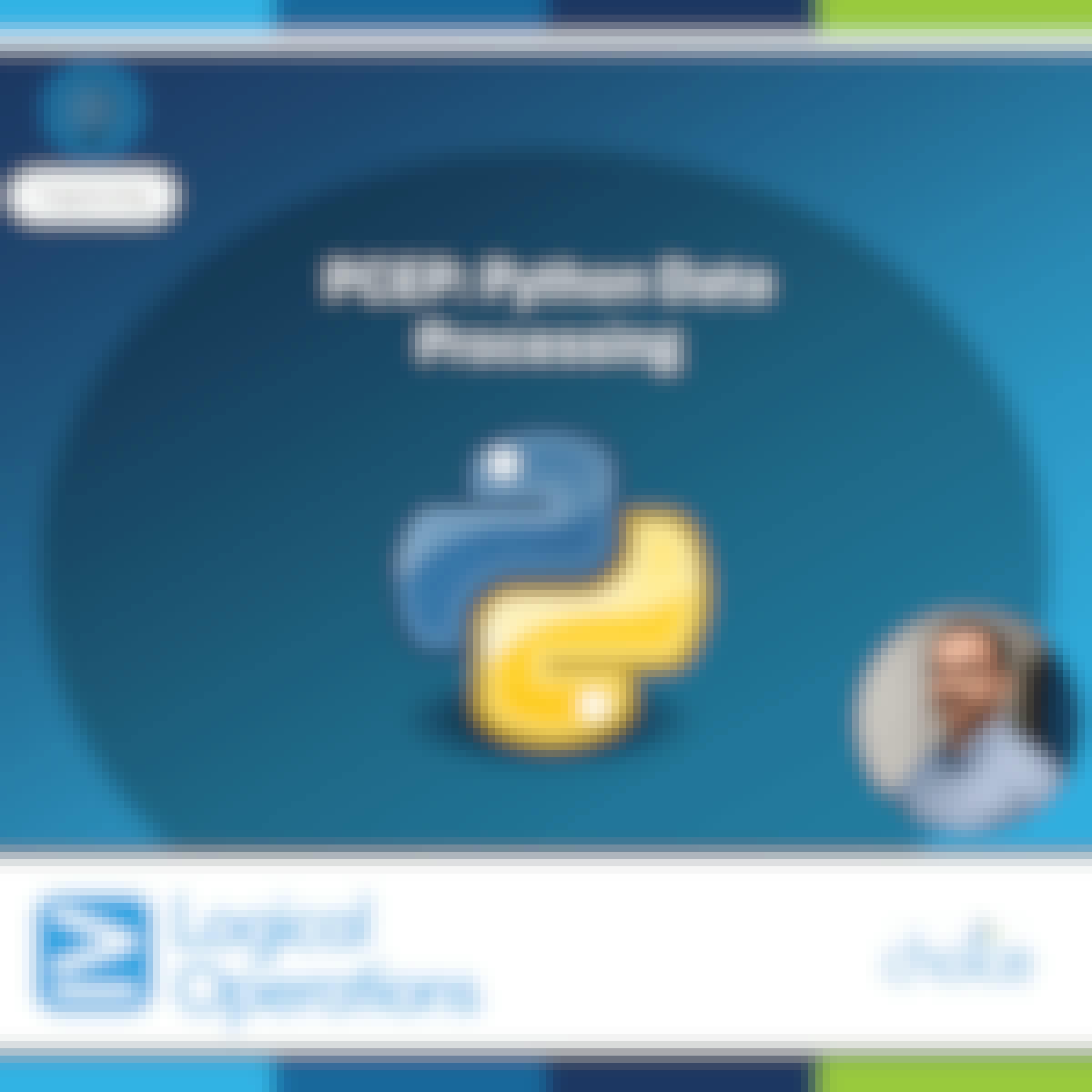 Status: NewNewStatus: Free TrialFree TrialL
Status: NewNewStatus: Free TrialFree TrialLLogical Operations
Skills you'll gain: Data Structures, Data Processing, Verification And Validation, Python Programming, Data Preprocessing, Programming Principles, Scripting, Scripting Languages, Computer Programming, Software Development
Mixed · Course · 1 - 4 Weeks
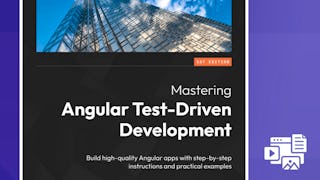 Status: NewNew
Status: NewNewSkills you'll gain: Angular, Test Tools, Test Driven Development (TDD), CI/CD, Continuous Integration, Continuous Deployment, Unit Testing, Test Automation, Software Testing, Development Testing, Code Review, Integration Testing, Test Case, TypeScript, Maintainability, Web Development, Web Applications, Full-Stack Web Development
Beginner · Course · 1 - 3 Months
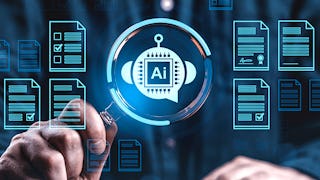 Status: NewNewStatus: Free TrialFree TrialC
Status: NewNewStatus: Free TrialFree TrialCCoursera
Skills you'll gain: Data Ethics, Responsible AI, Compliance Auditing, Ethical Standards And Conduct, Compliance Management, Auditing, Technical Documentation, Case Studies, Project Documentation, Model Deployment, Model Evaluation, Business Ethics, MLOps (Machine Learning Operations), Accountability, Data Quality
Intermediate · Course · 1 - 4 Weeks
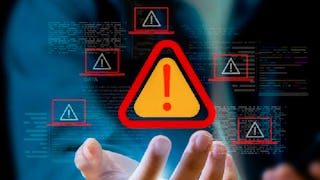 Status: NewNewStatus: Free TrialFree Trial
Status: NewNewStatus: Free TrialFree TrialSkills you'll gain: Incident Response, Computer Security Incident Management, Incident Management, Cyber Threat Hunting, Endpoint Detection and Response, Intrusion Detection and Prevention, Threat Detection, Threat Management, Cybersecurity, Security Information and Event Management (SIEM), Event Monitoring, Cyber Attacks, Cyber Security Assessment, Continuous Monitoring, Security Management, Malware Protection, Cyber Engineering, Security Testing, Cyber Governance, Linux
Intermediate · Course · 1 - 4 Weeks
 Status: Free TrialFree TrialU
Status: Free TrialFree TrialUUniversity at Buffalo
Skills you'll gain: Model Based Systems Engineering, Programmable Logic Controllers, Systems Engineering, Product Lifecycle Management, Peer Review, Intrusion Detection and Prevention, Security Controls, Performance Measurement, Collaborative Software, Control Systems, Continuous Monitoring, Anomaly Detection, Machine Controls, Incident Response, Digital Transformation, Vulnerability Assessments, Software Development Life Cycle, Production Process, Cybersecurity, Manufacturing Operations
4.6·Rating, 4.6 out of 5 stars7K reviewsBeginner · Specialization · 3 - 6 Months
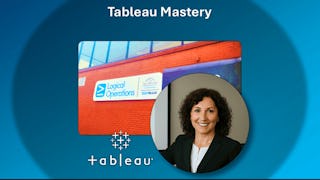 Status: NewNewStatus: Free TrialFree TrialL
Status: NewNewStatus: Free TrialFree TrialLLogical Operations
Skills you'll gain: Tableau Software, Data Visualization Software, Data Storytelling, Data Analysis, Report Writing, Spreadsheet Software, Data Visualization, Dashboard, Trend Analysis, Interactive Data Visualization, Data Presentation, Microsoft Excel, Statistical Analysis, Predictive Analytics, Data Transformation, Microsoft Office, Microsoft PowerPoint, Productivity Software, Forecasting, Data Management
Beginner · Specialization · 3 - 6 Months
 Status: NewNewStatus: Free TrialFree Trial
Status: NewNewStatus: Free TrialFree TrialSkills you'll gain: AI Security, Responsible AI, LLM Application, Unit Testing, Verification And Validation, API Testing, Test Case, Security Testing, Software Testing, Code Coverage, Large Language Modeling, Model Evaluation, Test Tools, Test Script Development, Prompt Engineering, Threat Modeling, Penetration Testing, Maintainability, Software Technical Review, Quality Assessment
Intermediate · Course · 1 - 4 Weeks
 Status: NewNewStatus: Free TrialFree Trial
Status: NewNewStatus: Free TrialFree TrialSkills you'll gain: Apache Kafka, Real Time Data, Data Pipelines, Apache Spark, Scala Programming, Development Environment, Data Processing, Live Streaming, Data Transformation
Beginner · Course · 1 - 4 Weeks
 Status: Free TrialFree TrialD
Status: Free TrialFree TrialDDeepLearning.AI
Skills you'll gain: Prompt Engineering, Large Language Modeling, Database Design, LLM Application, Software Documentation, Software Design Patterns, Collaborative Software, Software Testing, OpenAI API, Application Design, Generative AI, Database Management, AI Enablement, Code Review, Software Architecture, System Design and Implementation, Dependency Analysis, Software Engineering, Software Development, Machine Learning
4.6·Rating, 4.6 out of 5 stars756 reviewsBeginner · Professional Certificate · 1 - 3 Months
 Status: NewNewStatus: Free TrialFree TrialL
Status: NewNewStatus: Free TrialFree TrialLLogical Operations
Skills you'll gain: Object Oriented Programming (OOP), Object Oriented Design, Python Programming, Computer Programming, Code Review, Programming Principles, Maintainability, Scripting, Scripting Languages, Software Development
Mixed · Course · 1 - 4 Weeks
 Status: NewNewStatus: Free TrialFree TrialC
Status: NewNewStatus: Free TrialFree TrialCCoursera
Skills you'll gain: MLOps (Machine Learning Operations), Model Deployment, Anomaly Detection, Model Evaluation, Dashboard, CI/CD, Data Visualization, DevOps, Continuous Monitoring, Data-Driven Decision-Making, Performance Analysis, Key Performance Indicators (KPIs), Statistical Analysis, Performance Tuning, Data Processing, Artificial Intelligence and Machine Learning (AI/ML), Real Time Data, Automation, Agentic systems, Version Control
Intermediate · Specialization · 3 - 6 Months
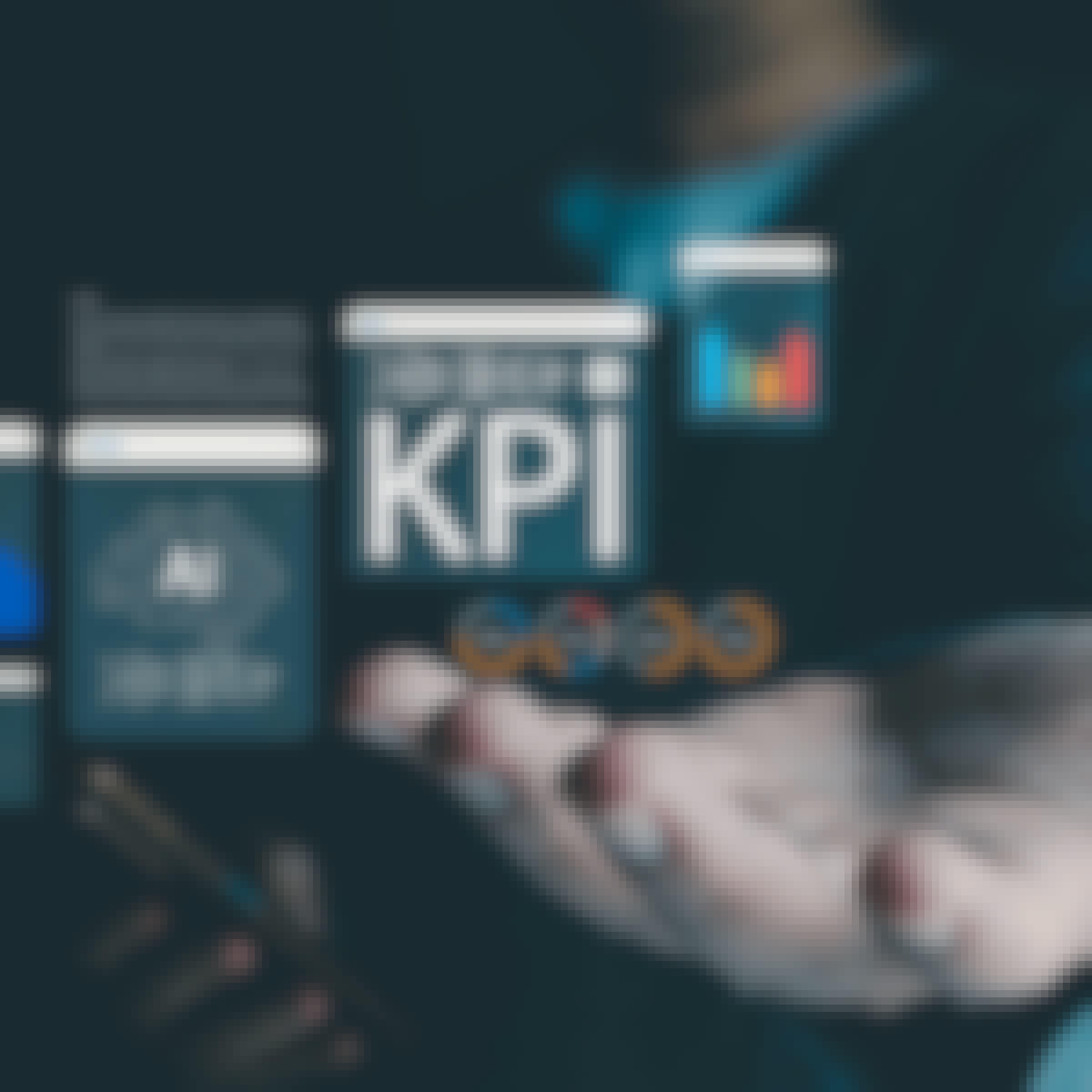 Status: NewNewStatus: Free TrialFree Trial
Status: NewNewStatus: Free TrialFree TrialSkills you'll gain: Data Storytelling, Dashboard, Data Visualization, Key Performance Indicators (KPIs), System Monitoring, Performance Analysis, Business Intelligence, Data Visualization Software, Performance Metric, Continuous Monitoring, Budget Management, Cost Management, Decision Making
Intermediate · Course · 1 - 4 Weeks
Searches related to cognitive science
In summary, here are 10 of our most popular cognitive science courses
- PCEP: Python Data Processing: Logical Operations
- Mastering Angular Test-Driven Development: Packt
- Document and Evaluate AI Ethics: Coursera
- Incident Response and Threat Mitigation: Edureka
- Digital Manufacturing & Design Technology: University at Buffalo
- Tableau Mastery: Logical Operations
- Safeguard LLM Outputs: Test and Evaluate: Coursera
- Master Real-Time Streaming with Kafka & Spark: EDUCBA
- Generative AI for Software Development: DeepLearning.AI
- PCAP: Python OOP and Code Streamlining: Logical Operations










